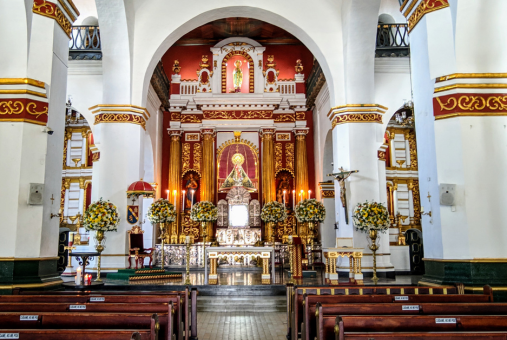
A ruling by the Constitutional Court sided with two journalists seeking to unlock the Catholic Church’s 'secret archive' on investigations into priests accused of sexual abuse. Church officials say the ruling goes too far.
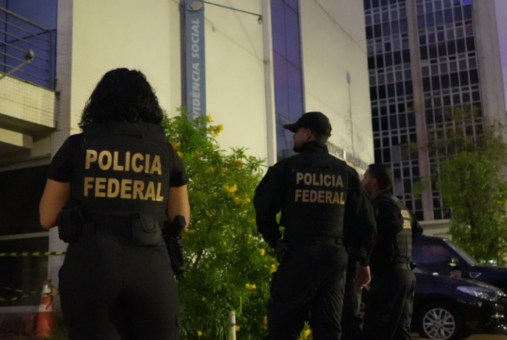
A series of reports from Metrópoles uncovered a billion-dollar scheme, triggering further investigations and actions that led to the recovery of funds for retirees and the resignation of a minister. It all began with a Christmas story.
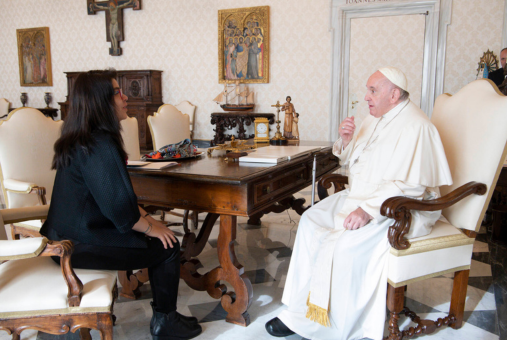
On April 15, the Vatican formalized the dissolution of the Sodalitium Christianae Vitae, a Peru-based movement investigated by two reporters for sexual abuse, financial mismanagement, and spiritual coercion by top members.
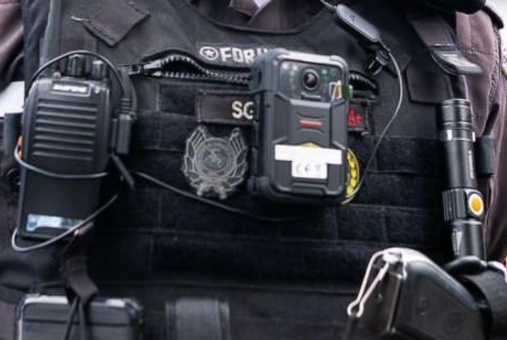
After analyzing hours of body cam footage, journalists from GloboNews reported alleged abuses and misconduct by military police. They also discovered that in most legal cases, footage requested by the courts was not handed over.
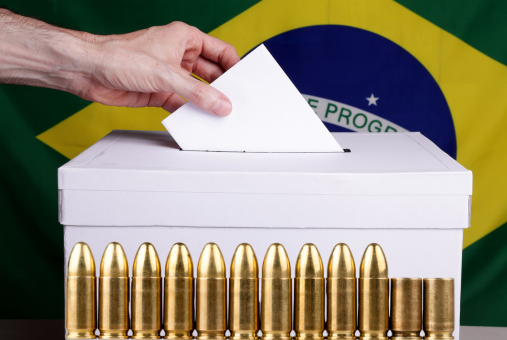
A special report by Brazilian newspaper Estadão reveals the infiltration of organized crime in the cities of São Paulo and Rio de Janeiro states, exposing the role of criminal factions and militias in politics and in the 2024 municipal elections.

Combining investigative journalism and academic research, Agência Pública's unprecedented project mapped the genealogies of 116 Brazilian politicians to show links between power and the country's slave-owning past.
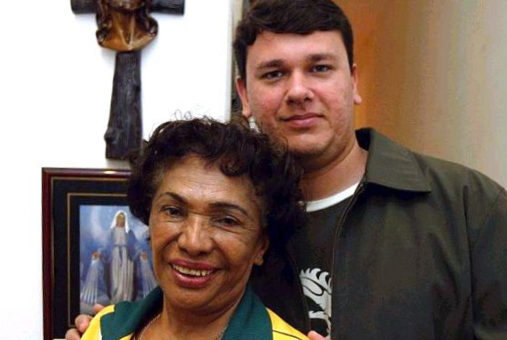
The book Dona Vitória Joana da Paz tells the story of the woman who fought against organized crime in one of Rio de Janeiro’s most famous neighborhoods, Copacabana.

Over five weeks, students of this low-cost online course will gain hands-on experience with essential tools and techniques to thrive in modern investigative work. The course instructors will provide actionable insights and hands-on training that you can immediately apply to your work.

The online workshop is designed to help reporters navigate Telegram’s structure, locate critical information, and leverage third-party tools to enhance research and reporting. By the end, participants will be equipped with practical skills to gather information on Telegram.

Collusion by authorities, lack of official data and indifference from society make it difficult to cover human trafficking and exploitation, according to journalists who have investigated the topic in Colombia, Mexico and Paraguay.
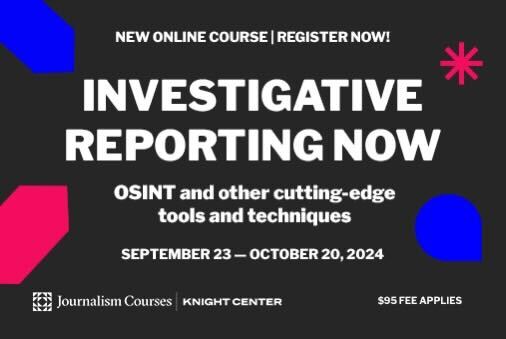
To help investigative journalists with the latest investigative tools and techniques, the Knight Center is offering a new advanced, low-cost online course, “Investigative Reporting Now: OSINT and Other Cutting-Edge Tools and Techniques.”

The free online course is designed to help you bring a critical eye to data and sources and understand how research is crucial for covering everything from breaking news to feature stories.